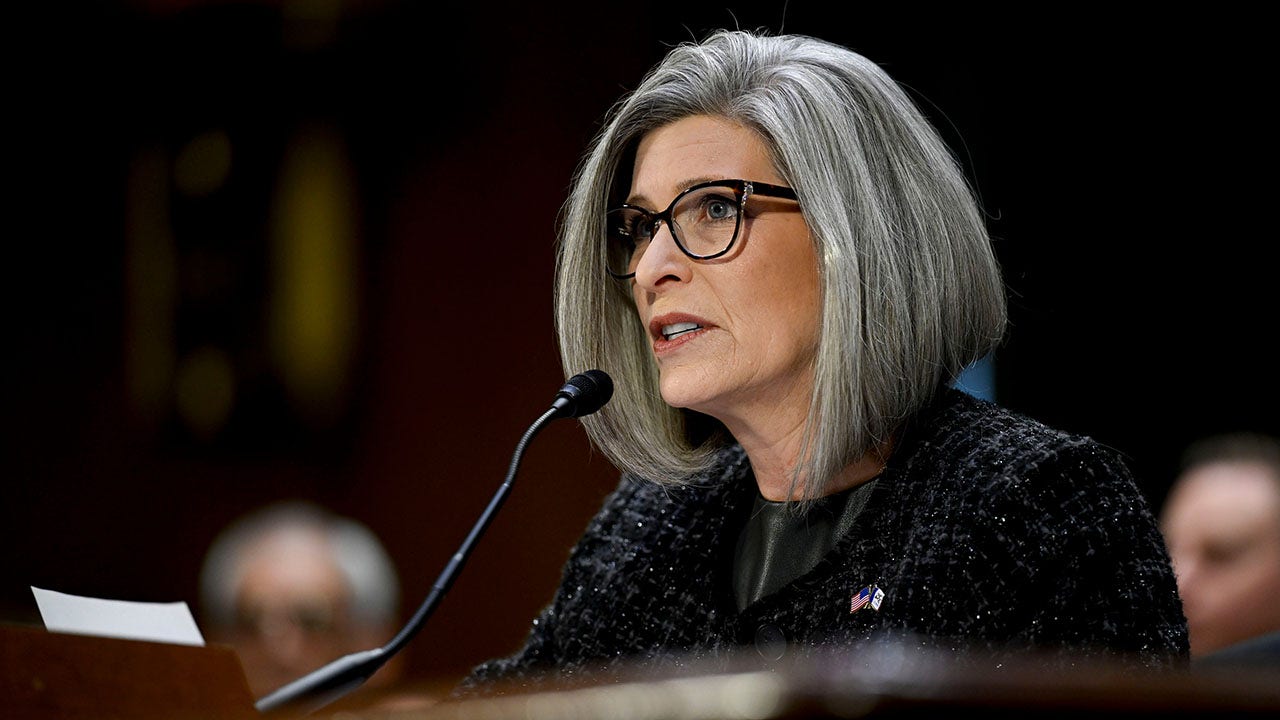DOGE Senate Republican’s bill to consolidate software licenses could save $750M

The Trump administration’s Department of Government Efficiency (DOGE) is on a mission to cut government waste, and a bipartisan bill in Congress is aiming to bring the federal government’s computer systems into the modern era. The Strengthening Agency Management And Oversight Of Software Assets (SAMOSA) Act, which passed the House in December, is now being championed by Sen. Joni Ernst, R-Iowa, in the Senate.
Ernst, who chairs the Senate DOGE Caucus, believes that the SAMOSA Act will help bring Washington out of the Stone Age and into the 21st century. The bill has the potential to save taxpayers $750 million annually by consolidating federal agencies’ cloud computing software licenses. Ernst is focused on fixing federal IT procurement as part of her efforts to downsize government and eliminate over $2 trillion in waste.
Industry groups, including the Coalition for Fair Software Licensing, support the SAMOSA Act, calling it a vital step toward modernizing the federal IT infrastructure and ensuring fair software licensing practices. The bill requires every government agency’s Chief Information Officer to conduct a comprehensive assessment of the software used throughout the agency, identify contracts and costs, and develop cost-effective acquisition strategies.
The SAMOSA Act was introduced in the House by Rep. Matt Cartwright, D-Pa., and has bipartisan support from 20 members of Congress. Ernst has proposed several ideas for trimming government spending, including consolidating agencies’ cloud computing software licenses to save $750 million annually. A study by industry expert Michael Garland found that lack of competition in software contracts has cost taxpayers millions.
The U.S. Government Accountability Office (GAO) has identified 10 critical federal IT legacy systems in need of modernization, costing $337 million annually to operate and maintain. These outdated systems use older languages like COBOL. Elon Musk has also called for upgrading the government’s ancient computers and software.
In conclusion, the SAMOSA Act aims to bring federal IT systems into the modern age, reduce waste, and save taxpayer dollars. With bipartisan support and industry backing, the bill has the potential to revolutionize how the government procures and manages software assets. It is a crucial step in the ongoing efforts to streamline government operations and improve efficiency.




